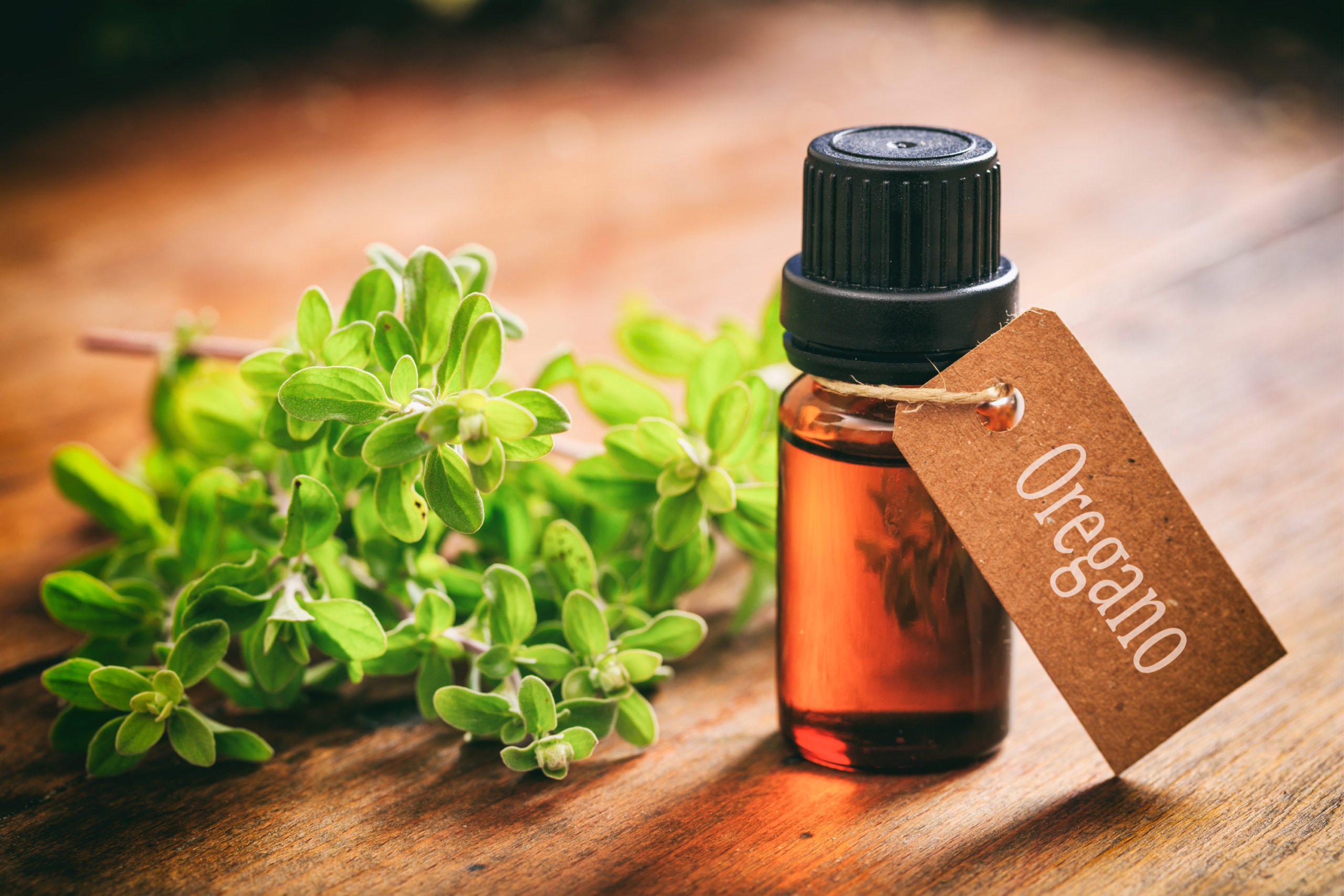Oil of oregano is a powerful natural remedy with many potential health benefits. It has been used for centuries to treat a variety of ailments, from digestive issues to skin conditions. This comprehensive guide will explore the benefits and side effects of oil of oregano, as well as how to use it safely and effectively. Learn how this natural remedy can help improve your health and wellbeing.
Introduction to Oil of Oregano
Oil of oregano is a natural remedy that has been used for centuries to treat a variety of ailments. It is derived from the leaves of the oregano plant, which is native to the Mediterranean region. The oil is extracted from the leaves and stems of the oregano plant and is known for its strong, pungent aroma and flavor. It is a popular ingredient in many Mediterranean dishes, but it is also used for its medicinal properties. Oil of oregano is known to have anti-inflammatory, antifungal, and antibacterial properties, making it a powerful natural remedy for a variety of ailments.
What are the Benefits of Oil of Oregano?
Oil of oregano has a wide range of potential health benefits. It is known to have anti-inflammatory, antifungal, and antibacterial properties, making it a powerful natural remedy for a variety of ailments. It is also known to be a powerful antioxidant, which can help protect the body from free radical damage. Additionally, oil of oregano has been used to treat a variety of conditions, including colds, flu, sinus infections, digestive issues, skin conditions, and more.
How to Use Oil of Oregano
Oil of oregano can be used in a variety of ways. It can be taken orally in capsule form, added to food or beverages, or applied topically to the skin. It is important to note that oil of oregano should not be taken in its pure form, as it can be irritating to the skin and mucous membranes. It is best to dilute the oil with a carrier oil, such as coconut oil, before applying it to the skin.
Also Read: 5 Herbal Teas to Relieve Bloating and Gas Naturally
Potential Side Effects of Oil of Oregano
Oil of oregano is generally considered safe for most people when used as directed. However, it is important to note that it can cause some side effects, including skin irritation, stomach upset, and nausea. Additionally, it can interact with certain medications, so it is important to speak to your doctor before taking oil of oregano if you are taking any medications.
Interactions with Other Medications
Oil of oregano can interact with certain medications, including blood thinners, diabetes medications, and certain antibiotics. It is important to speak to your doctor before taking oil of oregano if you are taking any medications.
How to Choose the Right Oil of Oregano
When choosing an oil of oregano, it is important to look for a product that is made from pure oregano oil and is free of additives and preservatives. Additionally, it is important to look for a product that is certified organic and is made from wild-crafted oregano.
How to Store Oil of Oregano
Oil of oregano should be stored in a cool, dark place away from direct sunlight. Additionally, it should be stored in an airtight container to prevent oxidation.
Also Read: Get Glowing Skin with Wellhealthorganic.com’s Natural Beauty Solutions
Dosage Recommendations for Oil of Oregano
The recommended dosage of oil of oregano varies depending on the condition being treated. It is important to speak to your doctor before taking oil of oregano to determine the appropriate dosage for your needs.
How to Make Your Own Oil of Oregano
Making your own oil of oregano is relatively easy. All you need is oregano leaves, a carrier oil, and a glass jar. Simply combine the oregano leaves and carrier oil in the jar and let it sit for two weeks. After two weeks, strain the mixture and store the oil in a cool, dark place.
Common Uses for Oil of Oregano
Oil of oregano is commonly used to treat a variety of conditions, including colds, flu, sinus infections, digestive issues, skin conditions, and more. Additionally, it is known to have anti-inflammatory, antifungal, and antibacterial properties, making it a powerful natural remedy for a variety of ailments.
Safety Considerations for Oil of Oregano
Oil of oregano is generally considered safe for most people when used as directed. However, it is important to note that it can cause some side effects, including skin irritation, stomach upset, and nausea. Additionally, it can interact with certain medications, so it is important to speak to your doctor before taking oil of oregano if you are taking any medications.
Conclusion
Oil of oregano is a natural remedy that has been used for centuries to treat a variety of ailments. It is known to have anti-inflammatory, antifungal, and antibacterial properties, making it a powerful natural remedy for a variety of ailments. Additionally, it is known to be a powerful antioxidant, which can help protect the body from free radical damage. Oil of oregano can be taken orally in capsule form, added to food or beverages, or applied topically to the skin. However, it is important to note that it can cause some side effects, including skin irritation, stomach upset, and nausea. Additionally, it can interact with certain medications, so it is important to speak to your doctor before taking oil of oregano if you are taking any medications.
FAQ’s
Q: What are the benefits of oil of oregano?
A: Oil of oregano has a wide range of potential health benefits. It is known to have anti-inflammatory, antifungal, and antibacterial properties, making it a powerful natural remedy for a variety of ailments. It is also known to be a powerful antioxidant, which can help protect the body from free radical damage. Additionally, oil of oregano has been used to treat a variety of conditions, including colds, flu, sinus infections, digestive issues, skin conditions, and more.
Q: How do I use oil of oregano?
A: Oil of oregano can be taken orally in capsule form, added to food or beverages, or applied topically to the skin. It is important to note that oil of oregano should not be taken in its pure form, as it can be irritating to the skin and mucous membranes. It is best to dilute the oil with a carrier oil, such as coconut oil, before applying it to the skin.
Q: Are there any side effects of oil of oregano?
A: Oil of oregano is generally considered safe for most people when used as directed. However, it is important to note that it can cause some side effects, including skin irritation, stomach upset, and nausea. Additionally, it can interact with certain medications, so it is important to speak to your doctor before taking oil of oregano if you are taking any medications.




